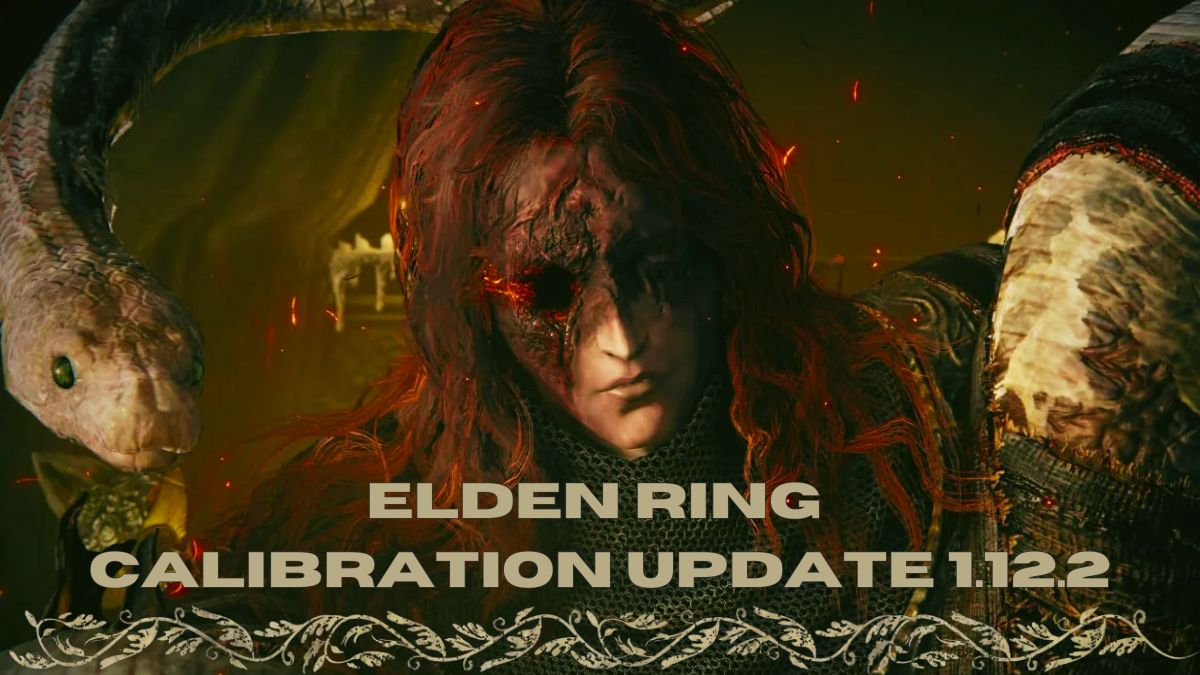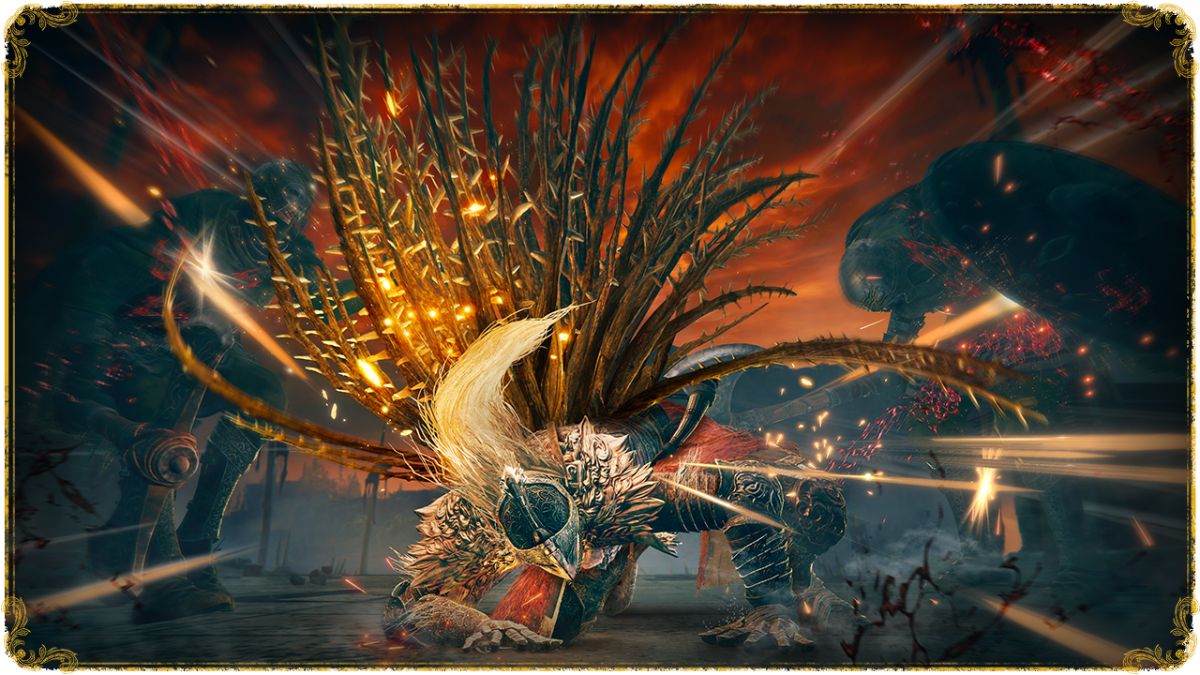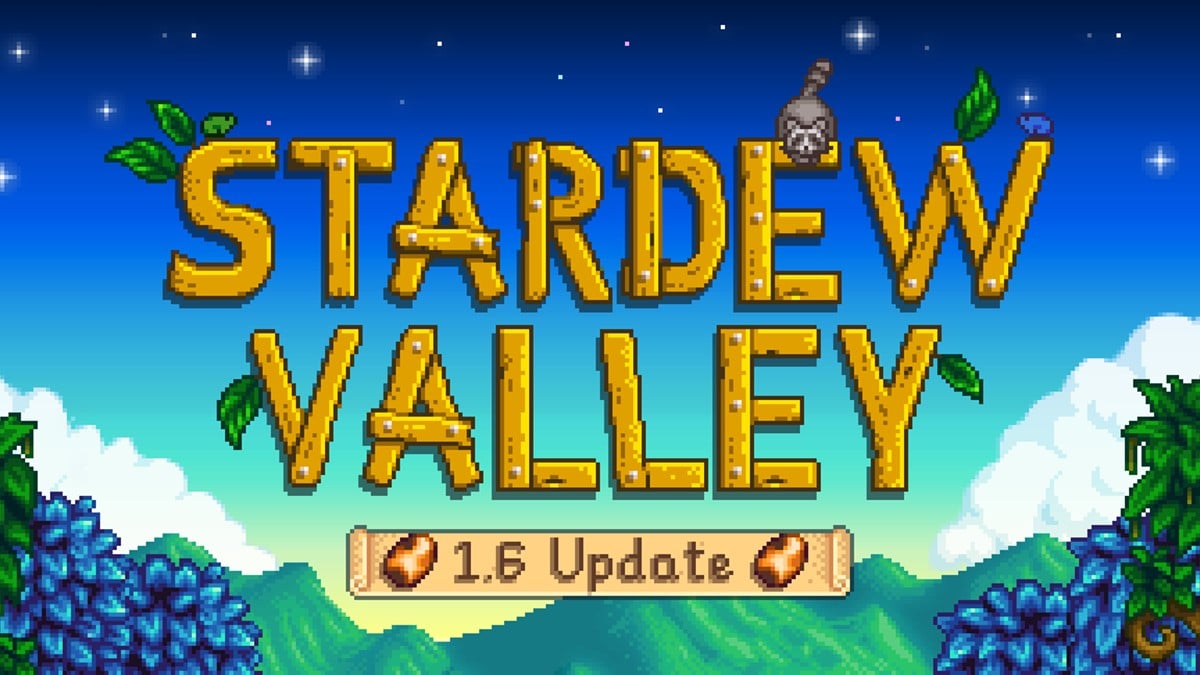Early into Marvel’s Spider-Man, Spider-Man breaks up a drug deal. It seems below his pay grade, made even stranger when Spidey quips that drugs are one of his top-five “least favorite crimes.” It’s out of place for a vigilante who regularly prevents the Lizard from mutating other people into more lizards, or stops the Juggernaut from eating a subway car or something.
Marvel’s Spider-Man is one of the most celebrated games of the year. A spiritual remake of Treyarch’s Spider-Man 2 from 2004, the game’s web-slinging finesse, writing, and story is all sticking with people. In a good way. Spider-Man’s newfound NARC-ishness is sticking with people in the wrong way.
Diving in from storeys above to pummel drug pushers (and presumably drug users) feels like a petty and lunkheaded form of vigilante work for Spider-Man. A literalist War on Drugs manifestation, the type that felt dated and dangerous in the 80s and more tiresome now.
Spider-Man also helps the NYPD, and his contact Captain Yuriko Watanabe, repair signal towers around the city. For Spider-Man, these towers reveal the location of collectables and landmarks. I can’t imagine the NYPD would be using their Stingray-like tech to take photos of the Natural History Museum for a PSN Trophy.
The creative directors seem to love the NYPD more than most New Yorkers. Spider-Man regularly reiterates that he’d love to go by “Spider-Cop.” Plot threads revolve around the sacrifice of the NYPD and putting small time crooks in their place. Superhero stories as parallel to playground games of cops n’ robbers is old news. Superheroes, many of them, use their supernatural gifts or blessed wealth to reinforce the state. It’s a fascist undertone to many comic books that’s kept at bay by outrageous and menacing foes, with no resemblance to those persecuted in an out of whack prison state. But it’s still noticed. Usually by people with less baggage to comic books or those too deep in them.
To be more specific, you have my dad, whose scrutiny of the Disney/Pixar movie The Incredibles has elevated from “too Randian” to “too fascist” by the time the sequel hit. A stance that’s made stranger by the fact that it’s the only movie he talks about this way. And on the other end there’s Alan Moore, the legendary graphic novelist for whom fascism is a recurring theme.
Watchmen, by Moore, is a story all about the perversion of good intentions. How a team of costumed do-gooders become tools of war one moment and self-aggrandized mass murderers the next. Those element were downplayed in the cinematic adaptation. Not to accuse Zack Snyder of being a fascist, but those exercises of entrenched power, from the Comedian, from Oxymandris and later on from Batman seem to be things the director finds cool instead of ominous. It often feels like Snyder’s antagonizing of Superman, the lead character in some of his own movies, is rooted in a disinterest in people who refuse to use their powers to their full extent.
Writer Jeet Heer once compared the heroes of Jack Kirby, (the mind behind the Hulk, Captain America, and Thor) and recently-deceased first-wave Randian Steve Ditko (the mind behind Spider-Man and Doctor Strange). Heer wrote that while Kirby pits his heroes against gods and kings, Ditko matched his with losers and schlubs, people in the dumps who deserve to be there. In spite of that, Spider-Man is rarely been an authoritarian kind of hero, which might be what’s bugging people about the new game.
Peter Parker is the friendly neighborhood Spider-Man, beloved by hot dog vendors and local kids, and whose biggest interaction with authorities is leaving a note behind. He has no Spider-Signal on police headquarters. Regardless of anyone’s personal feelings, none of this is to say that Spider-Man should plow down cops in this AAA video game (even if they shot rockets at him in the N64 one). It’s just that Spider-Man’s relationship to authority has been unexpectedly amped up. Spider-Man is the underdog outside of the system, a mythos that made his public registration during the Civil War storyline more shocking.
Marvel’s Spider-Man has a big world and a lot of space to swing around. The game deals with abuses of power, strife, and inequality, but the tonal whiplash doesn’t seem as intentional as the web-slinging when you’re pounding a common dealer’s face in on your way to help out at the homeless shelter.
It really makes you miss saving balloons.






Published: Sep 13, 2018 01:39 am